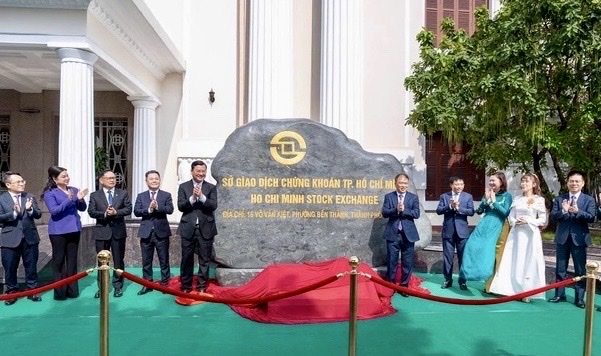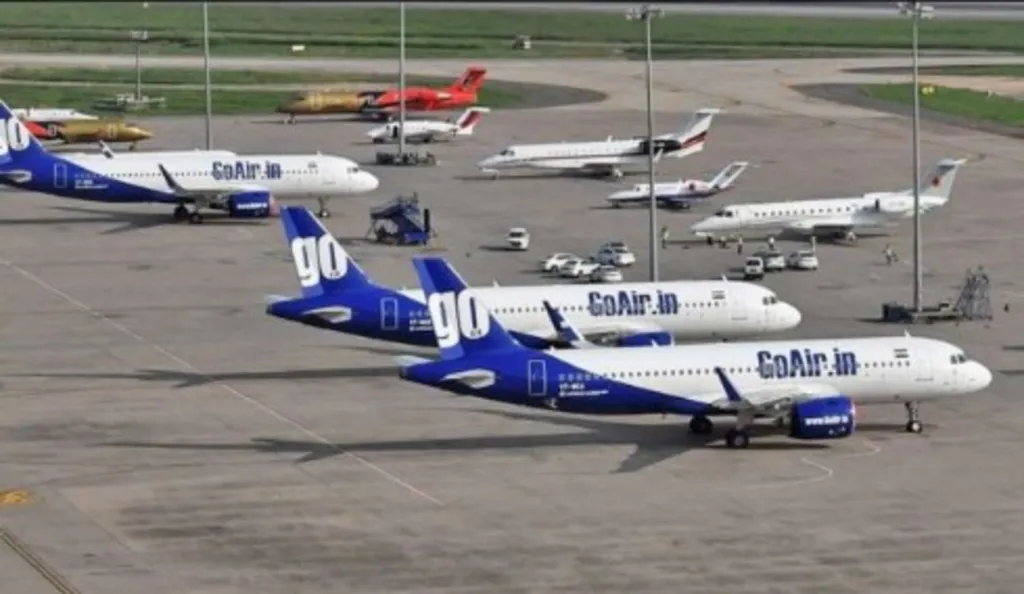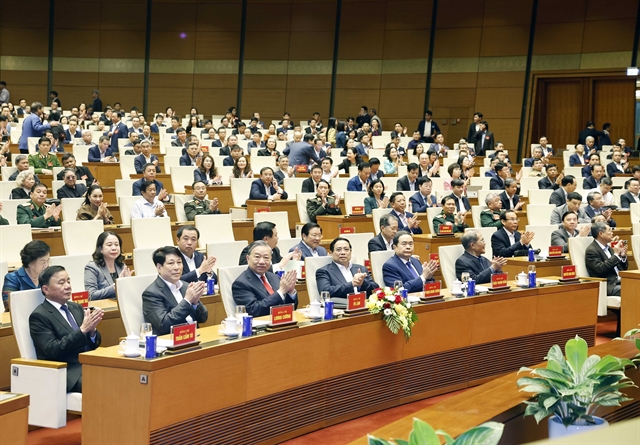 Economy
Economy

 |
| GoAir aircraft. AFP/VNA photo |
HÀ NỘI — In the context that the world is struggling with the consequences of the COVID-19 pandemic, governments in many countries including India have resolutely defended local airlines against proposals to foreclose debt and repossess planes from aircraft lessors.
A series of airlines around the world have been facing a legal battle with aircraft lessors, including vulture funds, to protect their rights to operate the aircraft after the severe effects of the pandemic.
The request of these lessors is currently facing strong opposition from the governments of many countries even when airlines show their goodwill to continue operating these jets to serve the needs of traffic recovery and fulfil their financial obligations after the pandemic.
For example, the government of India, the world's third-largest airline market, has said it would not allow lessors to repossess Go First jets after the airline filed for bankruptcy protection.
The decision of the Indian government has shown the determination of the world's aviation powers amid the situation that aircraft lessors asked to reclaim their aircraft from local carriers after the severe effects of the global pandemic.
Previously, aircraft lessors had applied to cancel the registration of Go First's aircraft to India’s Directorate General of Civil Aviation (DGCA) under the Cape Town Convention which allows the lessors to deregister the aircraft. However, the National Company Law Court (NCLT) cancelled this request, considering to allow Go First to resume operation in the coming time.
India acceded to the convention in 2018. However, any other standing law including the country's bankruptcy laws, has primacy over the convention.
The recent decision of the Indian government and many countries around the world have raised the question of whether aircraft lessors should take a more balanced approach, rather than simply applying the Cape Town Convention in a single way about their right to reclaim planes from airlines, especially when they have been affected by factors beyond their control such as the COVID-19 pandemic.
Currently, the Indian government does not allow aircraft lessors, banking tycoons or investment funds to repossess planes from Indian airlines rigidly.
Indian Prime Minister Narendra Modi has hailed India's emergence as an aviation power as new airports have been springing up rapidly across the country and airlines like IndiGo and Air India have strongly expanded with record aircraft orders.
Data from aviation analytics firm Cirium also shows that India is a critical market for lessors, in which sale-and-leaseback deals accounted for 75 per cent of plane deliveries from 2018 to 2022, compared with a global average of 35 per cent. — VNS




